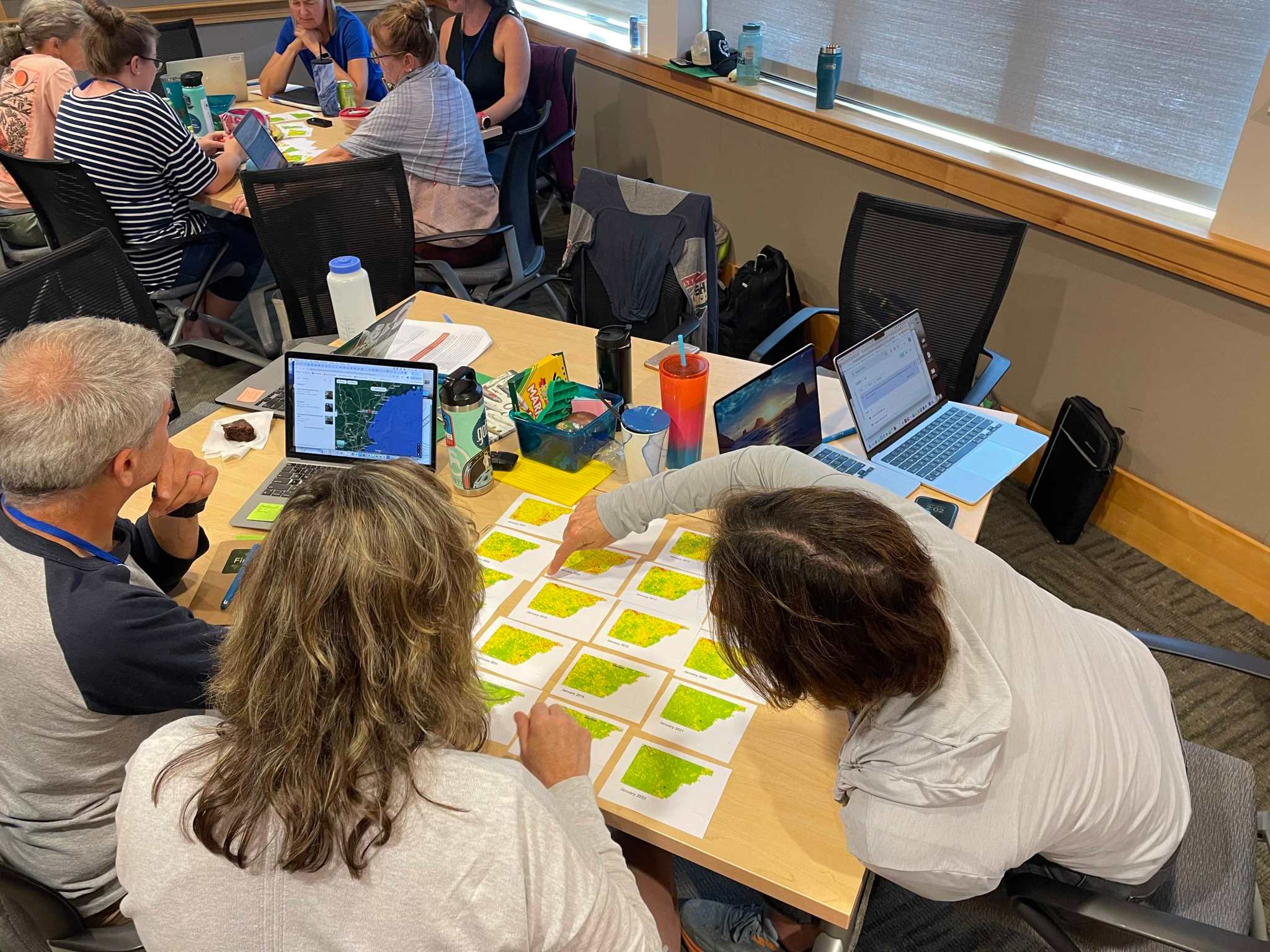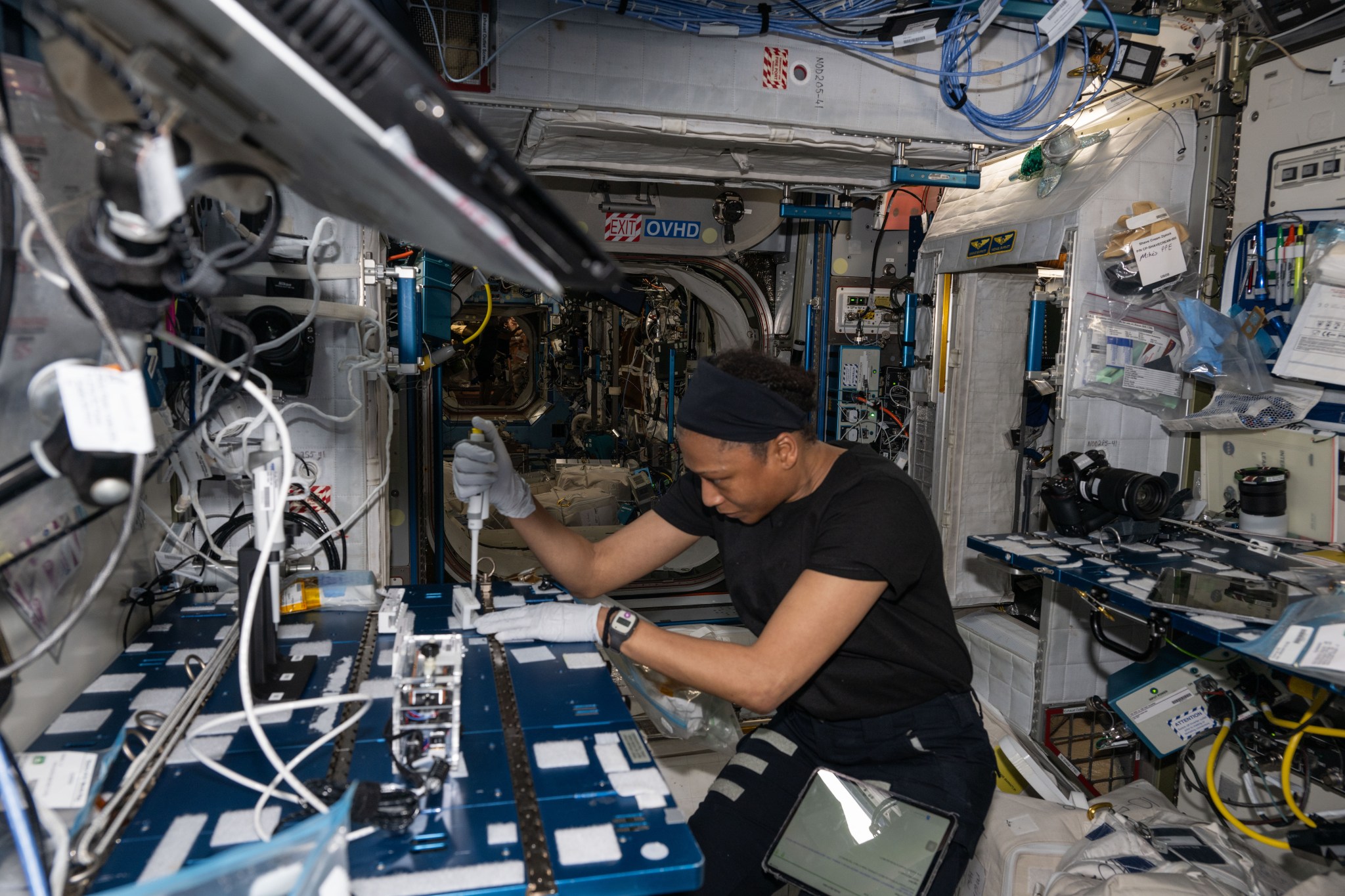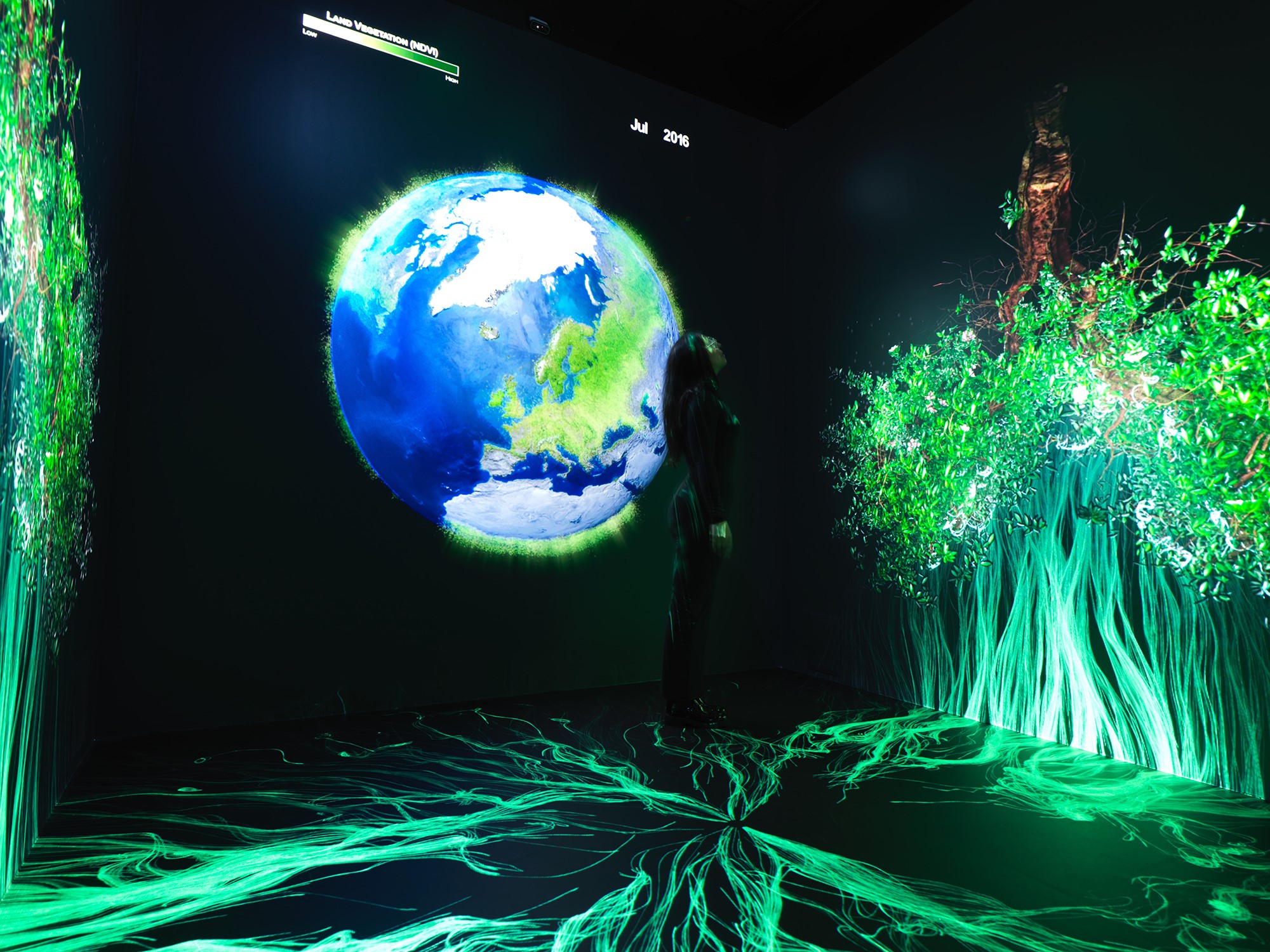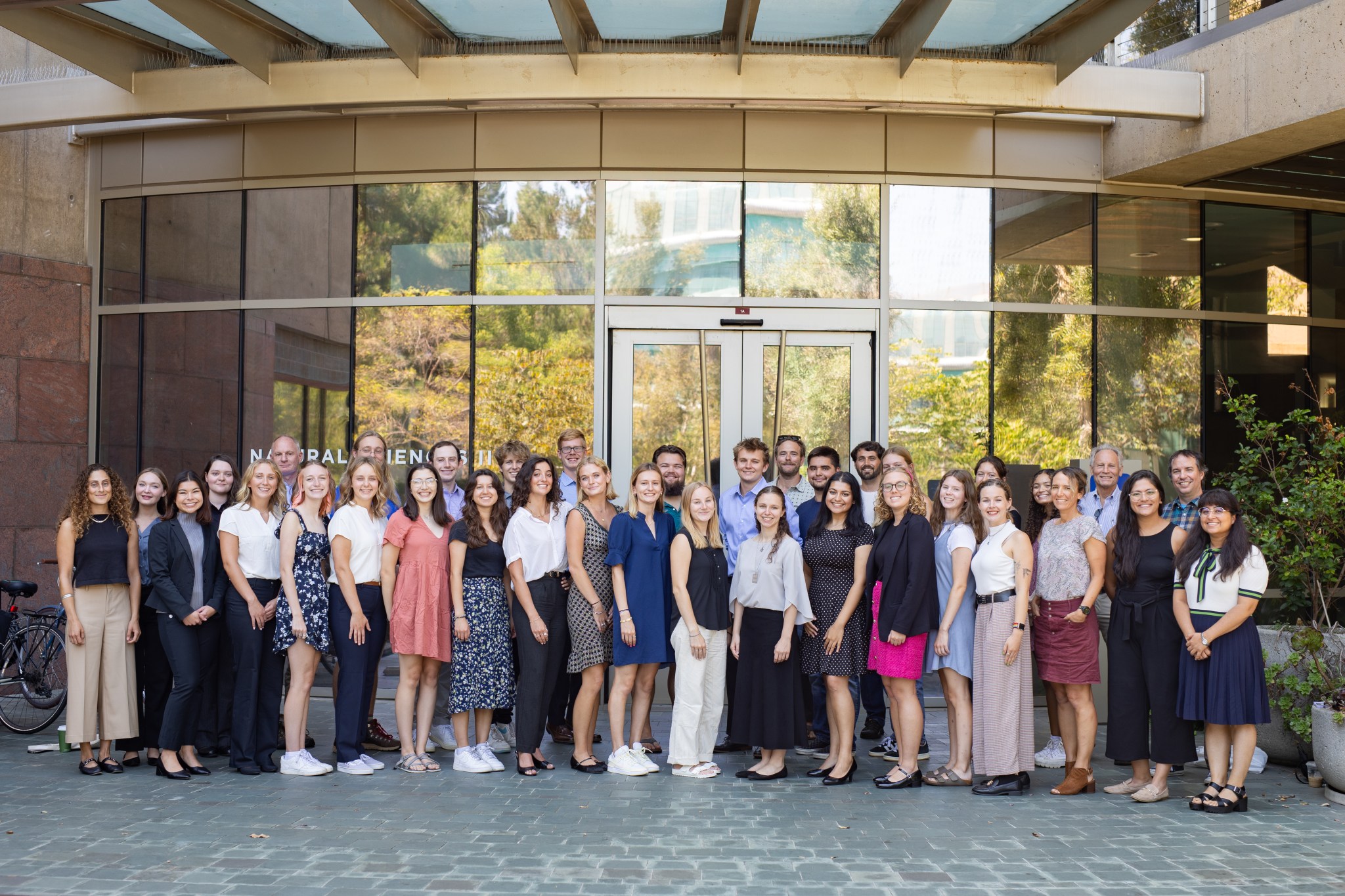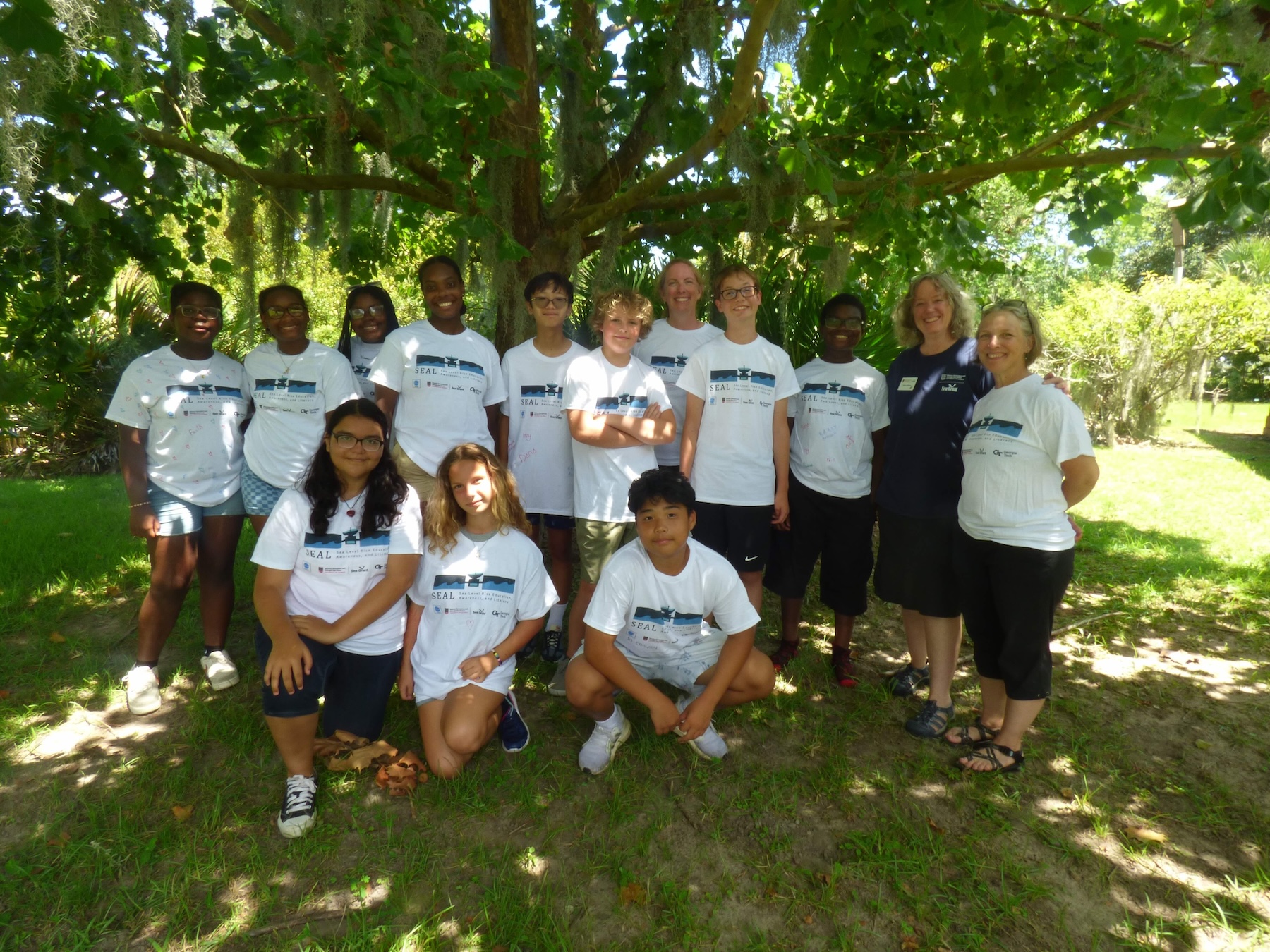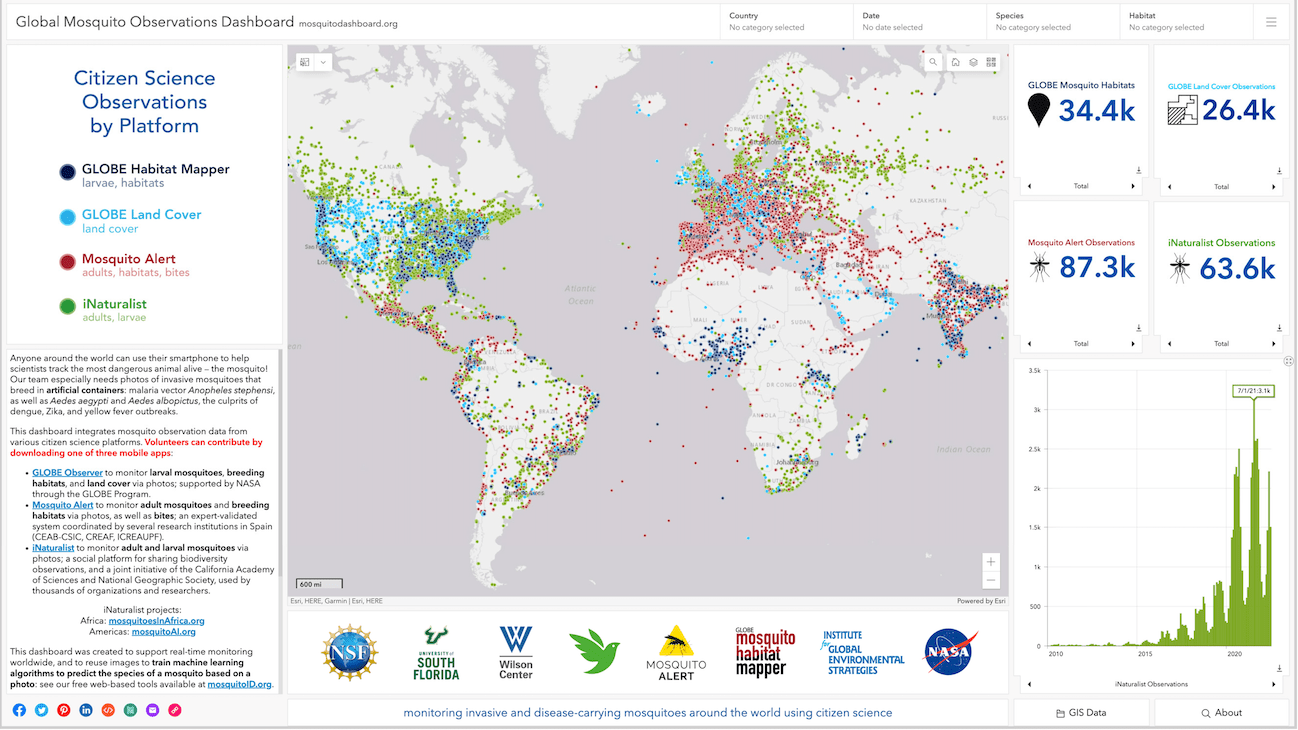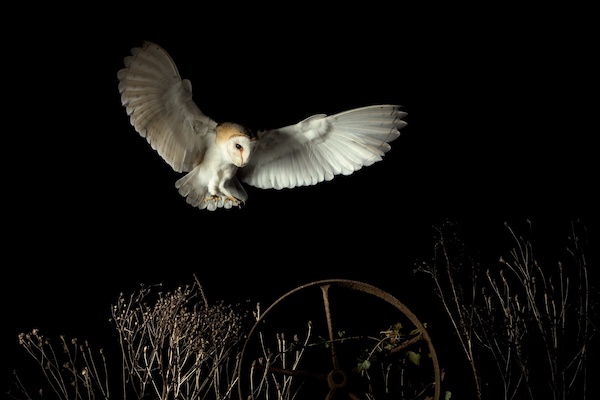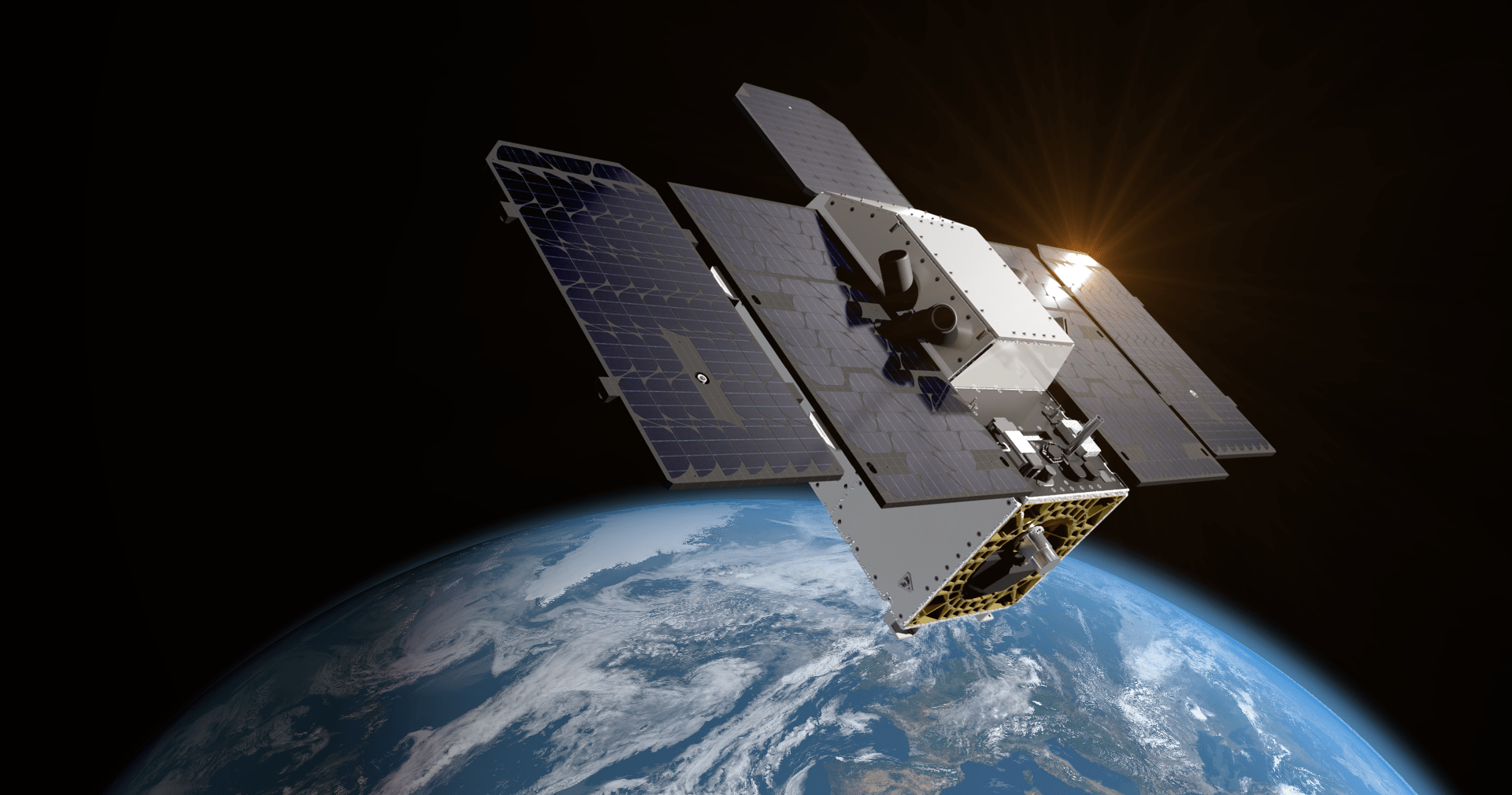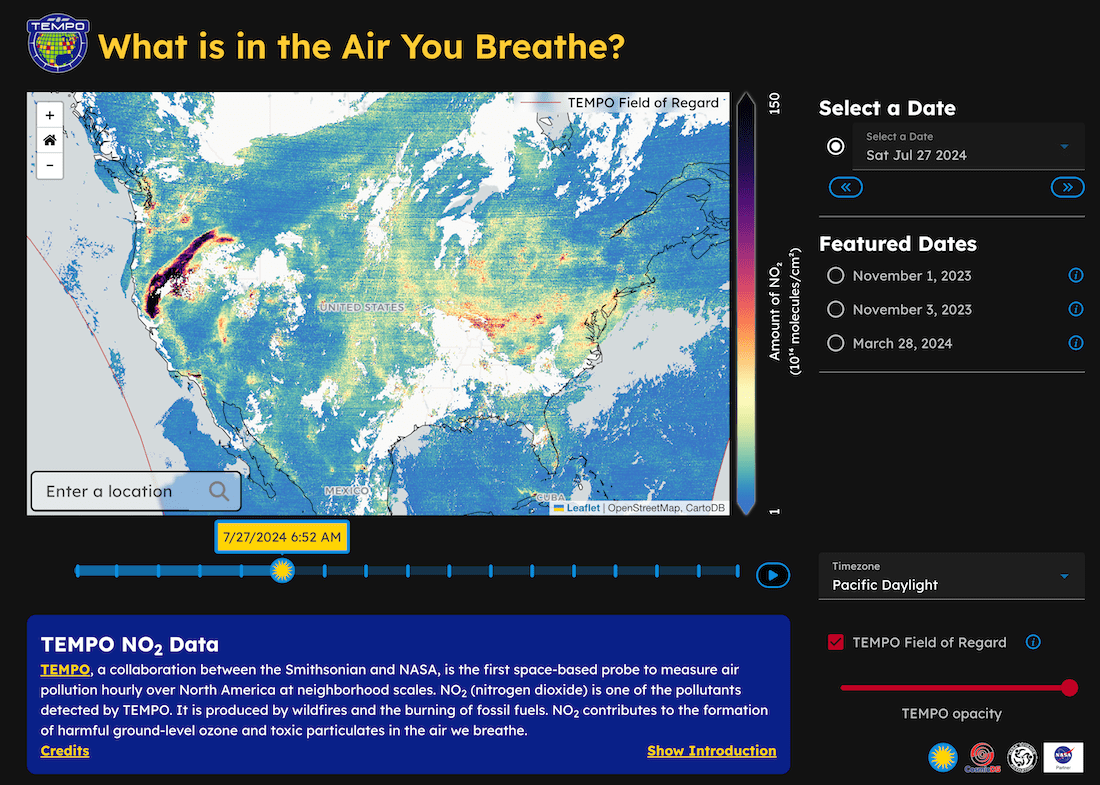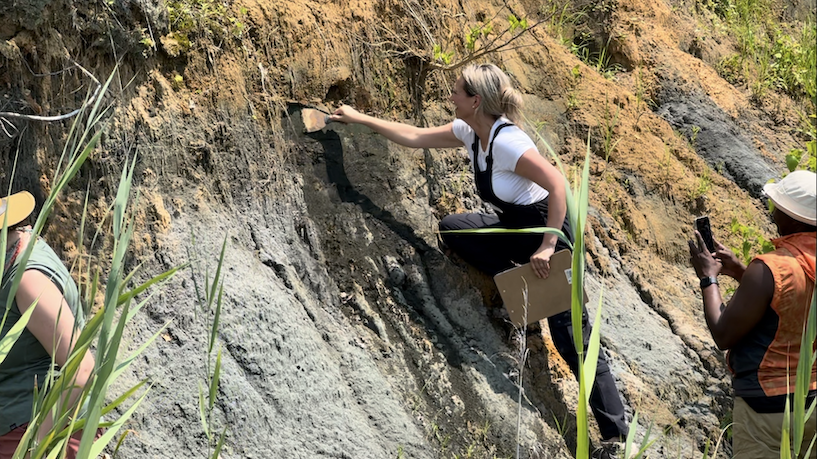Learn Home Science Activation’s PLACES… Earth Science Overview Learning Resources Science Activation Teams SME Map Opportunities More Science Activation Stories Citizen Science 5 min read Science Activation’s PLACES Team Facilitates Third Professional Learning Institute The NASA Science Activation program’s Place-Based Learning to Advance Connections, Education, and Stewardship (PLACES) project supports middle and high school educators to engage students in data-rich Earth science learning through the integration of NASA data sets, images, classroom lessons, and other assets. This project draws on a place-based approach as a means to increase “data…
Read MoreTag: Earth Science
NASA’s SpaceX Crew-8 Concludes Space Station Scientific Mission
6 min read Preparations for Next Moonwalk Simulations Underway (and Underwater) NASA astronauts Michael Barratt, Matthew Dominick, and Jeanette Epps and Roscosmos cosmonaut Alexander Grebenkin are returning to Earth after months aboard the International Space Station conducting scientific experiments and technology demonstrations for the agency’s SpaceX Crew-8 mission. The four launched on March 3 aboard a SpaceX Dragon spacecraft from NASA’s Kennedy Space Center in Florida. Here’s a look at some scientific milestones accomplished during their mission: Revealing resistant microorganisms NASA astronaut Jeanette Epps extracts DNA for the Genomic Enumeration…
Read MoreNASA Invites Media to Preview its Museum Earth Information Center
Space for Earth is an immersive experience that is part of the Earth Information Center. Credit: NASA Media is invited to preview and interview NASA leadership ahead of the opening of the Earth Information Center at the Smithsonian National Museum of Natural History at 10 a.m. EDT, Monday, Oct. 7. The 2,000-square-foot exhibit includes a 32-foot-long, 12-foot-high video wall displaying Earth science data visualizations and videos, an interpretive panel showing Earth’s connected systems, information on our changing world, and an overview of how NASA and the Smithsonian study our home…
Read More2024 SARP West Closeout
5 min read Preparations for Next Moonwalk Simulations Underway (and Underwater) The Student Airborne Research Program (SARP) 2024 West Coast cohort poses in front of the natural sciences building at UC Irvine, during their final presentations on August 12, 2024. NASA Ames/Milan Loiacono On August 12-13, 24 students from the West Coast cohort of NASA’s Student Airborne Research Program (SARP) gathered at University of California, Irvine (UCI) to present their final research to a room of mentors, professors, family, and NASA personnel. SARP is an eight-week summer internship for undergraduate…
Read MoreNASA Summer Camp Inspires Future Climate Leaders
Learn Home NASA Summer Camp Inspires… Earth Science Overview Learning Resources Science Activation Teams SME Map Opportunities More Science Stories Science Activation Highlights Citizen Science 2 min read NASA Summer Camp Inspires Future Climate Leaders From July 15-19, 2024, the Coastal Equity and Resilience Hub at the Georgia Institute of Technology collaborated with the University of Georgia (UGA) Marine Extension and Georgia Sea Grant to host a week-long NASA Sea Level Changemakers Summer Camp. The camp introduced 14 rising 7th-8th graders to how coastal areas are changing due to…
Read MoreNASA Earth Science Education Collaborative Member Co-Authors Award-Winning Paper in Insects
Learn Home NASA Earth Science Education… Earth Science Overview Learning Resources Science Activation Teams SME Map Opportunities More Science Stories Science Activation Highlights Citizen Science 2 min read NASA Earth Science Education Collaborative Member Co-Authors Award-Winning Paper in Insects On August 13, 2024, the publishers of the journal Insects notified authors of three papers selected to receive “Insects 2022 Best Paper Award” for research and review articles published in Insects from January 1 to December 31, 2022. One of the winning papers was co-authored by Russanne Low, PhD, Institute…
Read MoreEclipse Soundscapes AudioMoth Donations Will Study Nature at Night
Learn Home Eclipse Soundscapes AudioMoth… Audio Overview Learning Resources Science Activation Teams SME Map Opportunities More Science Stories Science Activation Highlights Citizen Science 3 min read Eclipse Soundscapes AudioMoth Donations Will Study Nature at Night During the April 8, 2024 total solar eclipse, approximately 770 AudioMoth recording devices were used to capture sound data as part of the Eclipse Soundscapes Project — a multisensory participatory science (also known as “citizen science”) project that is studying how eclipses impact life on Earth. Following the eclipse, participants had the option to…
Read MoreNASA-Designed Greenhouse Gas-Detection Instrument Launches
This artist’s concept depicts one of the Carbon Mapper Coalition’s Tanager satellites, the first of which launched on Aug. 16. Tanager-1 will use imaging spectrometer technology developed at JPL to measure greenhouse gas point-source emissions. Planet Labs PBC Developed by the agency’s Jet Propulsion Laboratory, the imaging spectrometer will provide actionable data to help reduce emissions that contribute to global warming. Tanager-1, the Carbon Mapper Coalition’s first satellite, which carries a state-of-the-art, NASA-designed greenhouse-gas-tracking instrument, is in Earth orbit after lifting off aboard a SpaceX Falcon 9 rocket from Space…
Read MoreNew TEMPO Cosmic Data Story Makes Air Quality Data Publicly Available
Learn Home New TEMPO Cosmic Data Story… Astrophysics Overview Learning Resources Science Activation Teams SME Map Opportunities More Science Stories Science Activation Highlights Citizen Science 3 min read New TEMPO Cosmic Data Story Makes Air Quality Data Publicly Available On May 30th, 2024, NASA and the Center for Astrophysics | Harvard & Smithsonian announced the public release of “high-quality, near real-time air quality data” from NASA’s TEMPO (Tropospheric Emissions: Monitoring of Pollution) mission. The NASA Science Activation program’s Cosmic Data Stories team, led by Harvard University in Cambridge, MA,…
Read MoreEarth Educators Rendezvous with Infiniscope and Tour It
Learn Home Earth Educators Rendezvous… Earth Science Overview Learning Resources Science Activation Teams SME Map Opportunities More Science Stories Science Activation Highlights Citizen Science 3 min read Earth Educators Rendezvous with Infiniscope and Tour It At the Earth Educator’s Rendezvous, held July 15-19, 2024, NASA’s Infiniscope project from Arizona State University hosted a two-day workshop aimed at empowering Earth educators with the tools to design and build virtual tours (VTs). This hands-on session provided participants with a unique opportunity to experience first-hand how to create immersive virtual tours using…
Read More